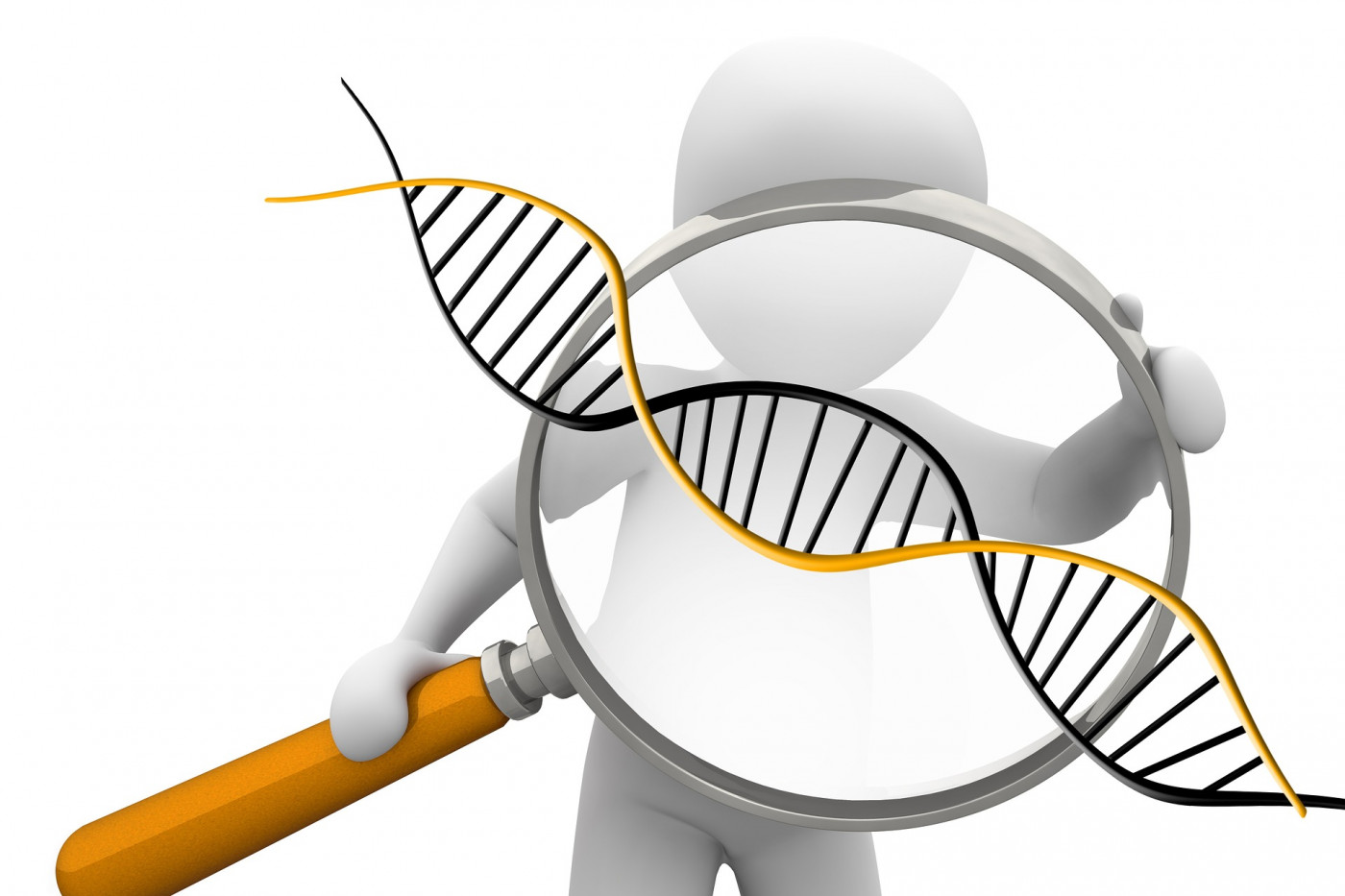Gene Therapy for Hemophilia A, SB-525, Showing Continued Benefits in Trial Data Update
Written by |

The ongoing Phase 1/2 Alta trial continues to show that a single infusion of SB-525, an investigational gene therapy, leads to stable and clinically relevant improvements in clotting factor VIII and marked reductions in the need for replacement therapy in patients with hemophilia A.
This preliminary follow-up data on the first eight patients given ascending therapy doses adds to the encouraging interim results announced in April. The new findings will be presented at the 2019 Congress of the International Society on Thrombosis and Haemostasis (ISTH) taking place in Melbourne on July 6-10.
The presentation, “Initial Results of the Alta Study, a Phase 1/2, Open Label, Adaptive, Dose-Ranging Study to Assess the Safety and Tolerability of SB-525 Gene Therapy in Adult Subjects with Severe Hemophilia A,” will be delivered by Barbara Konkle, MD, the study’s principal investigator, associate chief scientific officer at Bloodworks Northeast, and a professor of hematology at the University of Washington, on the congress’ opening day.
SB-525 is a gene therapy candidate under development by Sangamo and Pfizer. It consists of a small portion of genetic material coding for the production of a functional factor VIII (FVIII). The genetic information is carried and delivered to liver cells (where coagulation factors are produced) using a harmless recombinant (lab-made) adeno-associated virus (rAAV). This vector is designed to restrict and sustain FVIII gene activity in the liver.
The goal is to achieve durable production of the coagulation factor, which can then be released from liver cells into the blood stream, helping to reduce or eliminate the need for factor VIII replacement therapy.
SB-525 has been granted fast track and orphan drug designations by the U.S. Food and Drug Administration (FDA), which backed the initiation of the dose-ranging, Phase 1/2 open-label clinical trial (NCT03061201) now underway.
To date, SB-525 has been injected into eight patients divided into four groups, each given four ascending doses: 9e11 vg/kg, 2e12 vg/kg, 1e13 vg/kg, and 3e13 vg/kg. Each group includes two patients.
These new results are from the first two groups. No date is given in the abstract as to when this data were collected or when these patients were treated. The trial opened in June 2017 and concludes in January 2022.
Results show that a single infusion is able to sustain “stable and clinically relevant increases in FVIII activity,” and allows patients to considerably taper replacement therapy, the presentation’s abstract states.
As reported earlier and confirmed here at an unspecified later date, the first two patients treated with the highest dose of SB-525 — 3e13 vg/kg — reached levels of FVIII “within the normal range,” the researchers wrote.
In the first three patient groups, increases seen in alanine aminotransferase (ALT) — a blood marker of liver damage — were resolved with seven days of corticosteroid treatment.
One patient was reported to have low blood pressure and fever shortly after the infusion that was considered a “treatment-related serious adverse event,” along with headache and tachycardia (faster than normal heart beats). All were resolved with treatment within one day, the abstract states.
Analysis of the fourth group is ongoing, and additional analyses of the trial data that will include FVIII levels, bleeding rate, and reliance on factor replacement therapy is expected to be made public as they come available.
“To date, treatment with a single infusion of SB-525 gene therapy resulted in dose-dependent, sustained increased FVIII levels, with a substantial decrease in FVIII usage,” the team notes in its abstract.
Researchers also emphasized that, while the study is ongoing, these initial results “support further development of SB-525 for the treatment of severe hemophilia A.”
The open-label trial underway in 10 U.S. states is still enrolling eligible adults. More information is available here.


